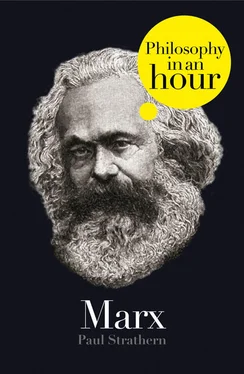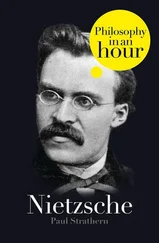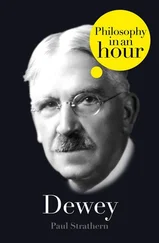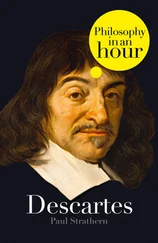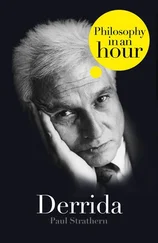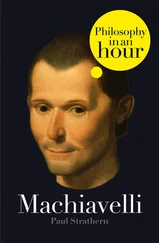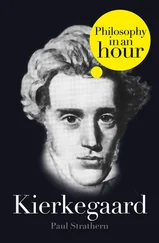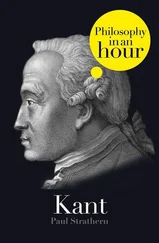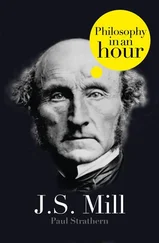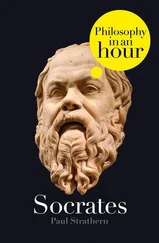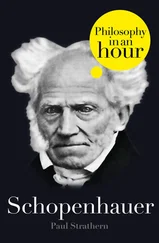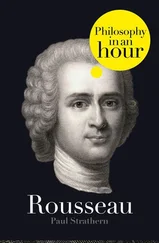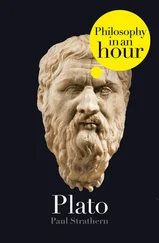Marx was so successful as a journalist that by the end of his first year in the job he had been promoted to editor. The idealistic, hard-drinking, hard-working boss was highly popular with his idealistic, hard-drinking, hard-working young staff, who nicknamed him the “Moor” because of his swarthy bearded features. The Rheinische Zeitung quickly became a thorn in the side of the Prussian authorities and its circulation trebled, making it the highest-circulation paper in Prussia. Marx’s social and political relationships now took a dialectical course, one that remained characteristic throughout his life. Having attacked the authorities, he proceeded to lambast the liberal opposition for its ineffectiveness. Next he launched into his left-wing staff, theoretical revolutionaries to a man, dismissing the whole idea of revolution as an impractical pipe dream which simply hadn’t been thought through properly. Despite such sentiments, in 1843 the Rheinische Zeitung was closed down by the authorities.
In his growing dialectical fashion, Marx now took two contradictory actions in quick succession. First he decided to settle down and marry. Then he decided to abandon his homeland and move into exile. The woman he married was his childhood sweetheart. Jenny von Westphalen was widely reckoned to be “the most beautiful girl in Trier”, the scion of a local aristocratic family with powerful political connections. (Her father held a senior post in the government administration, and her older brother would become an extremely repressive minister of the interior in the Prussian government.) What on earth did the enchanting Jenny see in this scruffy young Jewish hell-raiser, who was even four years her junior? The fact is, Jenny was bored to death with life as a provincial social princess. She was highly intelligent, well read, and longed for a life away from the stifling upper-class circuit in Trier. Marrying the penniless Karl certainly brought her this, though perhaps not in the manner she had foreseen. But this was a love match on both sides. Through all their vicissitudes, Jenny and Karl remained profoundly attached to each other.
After marrying his aristocratic sweetheart, Marx carried her off to Paris. Now regarded as the revolutionary center of Europe, Paris had already staged revolutions in 1789 (the French Revolution) and 1830 (the revolution that overthrew the restored monarchy). The city contained all kinds of left-wing political groups. Marx’s ideas had evidently undergone still another dialectical transformation since his last days on the Rheinische Zeitung. He now believed that revolution was the answer, and soon became a member of the fledgling Communists. But how could the revolution come about? First, a thoroughgoing intellectual program would have to be worked out. And if politics was to change, then so would economics. Marx began an intensive study of the founding father of economics, the Scotsman Adam Smith, and his successor, the Englishman David Ricardo. At the same time he began forging a philosophical basis for his thinking, in the form of his own epistemology. What are the grounds for our knowledge of the world? How do we know what we know, and how do we know if it is true?
Marx’s epistemology is one of the weaker and less original aspects of his thought, but it is important for two reasons. It is the strictly philosophical basis of the great ideas to come, and its dynamic character echoes through all of Marx’s systematic thought. As we have seen, he had transformed his influences to the point where they could blend to become an exclusively materialist philosophy. In line with this, he wished to base all knowledge on strictly scientific premises.
For Marx, our knowledge began in our experience – our sensations and perceptions – of the material world. But Marx’s materialism differed significantly from that of his predecessors. Earlier materialists tended to view sensation and perception in passive terms. Light strikes our eyes, we feel heat, we hear a sound. Our perception of such sights and sounds in no way changes them: they are things that affect us. For Marx, on the other hand, such perception was an interaction between us, the subject, and the material object. This object (the world around us) becomes transformed in the process of being known. Our perception does not discover the truth of the world, just its appearance. Thus our knowledge too cannot be the truth. Instead, our knowledge consists of practical methods by which we can manipulate and gain control over the natural world. Our knowledge of the world is not passive, it is purposive. It is a two-way process – active and reactive – in line with the dialectic.
The synthesis of scientific knowledge we thus gain enables us to impose patterns of order and to manipulate or anticipate the workings of nature. This process does not arrive at the truth, as it is usually conceived. “The question of whether objective truth can be attributed to human thought has nothing to do with theory, it is a purely practical question. The truth is the reality and power of thought, which can only be demonstrated in practice.” This leads Marx to his famous conclusion: “Philosophers have previously only interpreted the world, but the real task is to change
Конец ознакомительного фрагмента.
Текст предоставлен ООО «ЛитРес».
Прочитайте эту книгу целиком, купив полную легальную версию на ЛитРес.
Безопасно оплатить книгу можно банковской картой Visa, MasterCard, Maestro, со счета мобильного телефона, с платежного терминала, в салоне МТС или Связной, через PayPal, WebMoney, Яндекс.Деньги, QIWI Кошелек, бонусными картами или другим удобным Вам способом.
